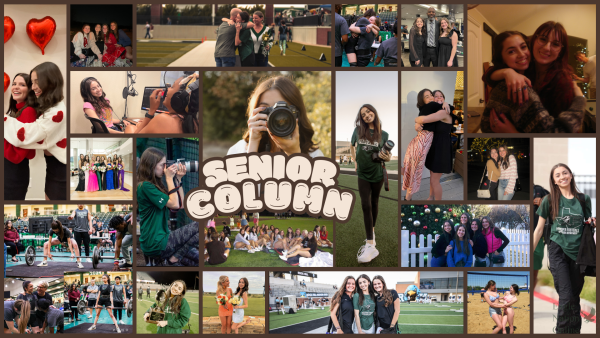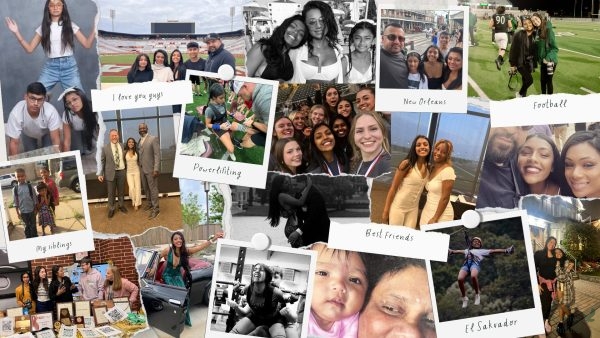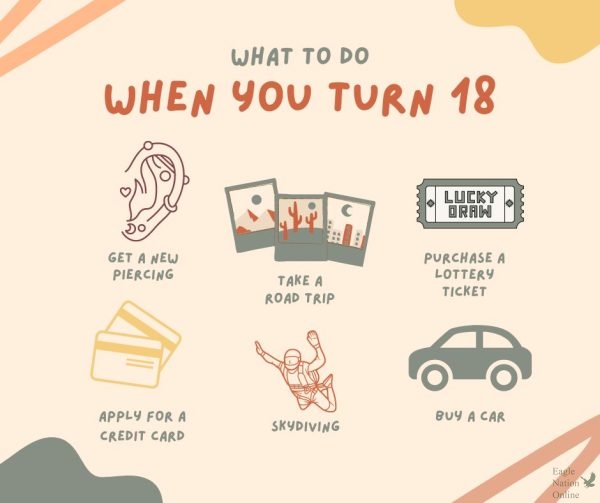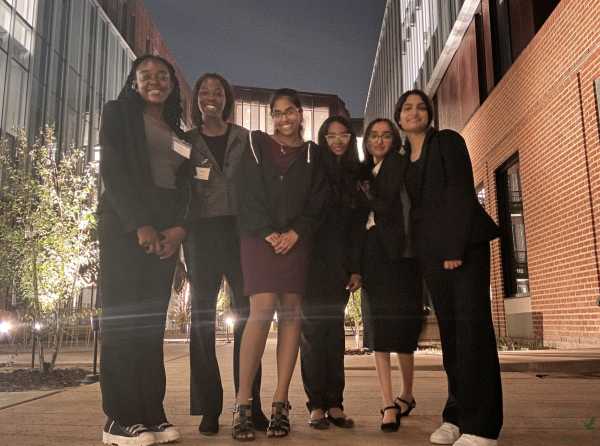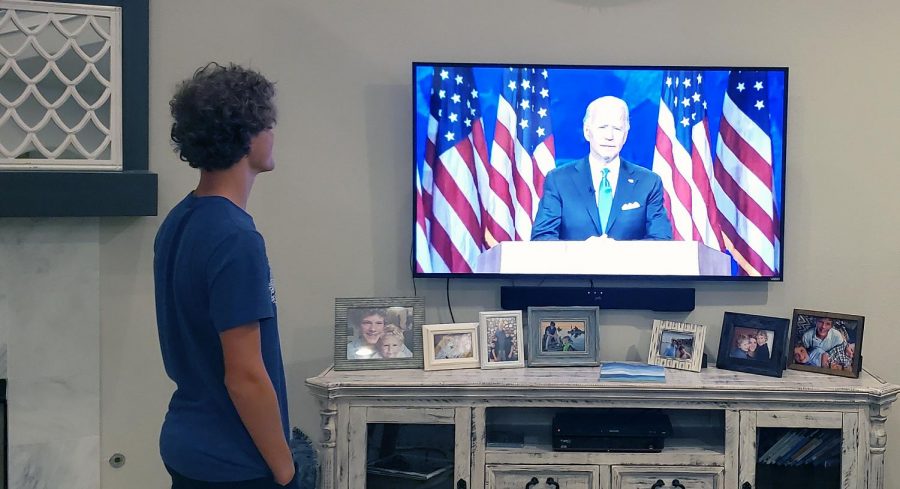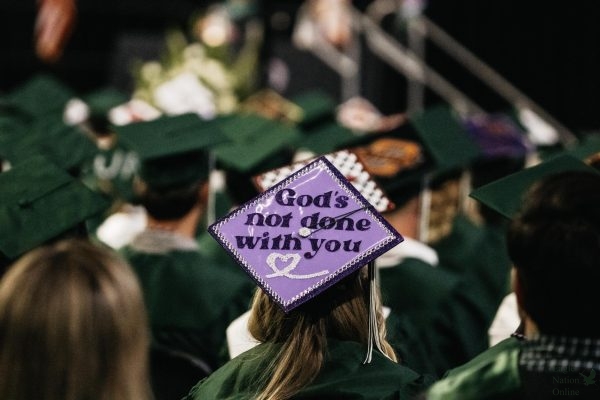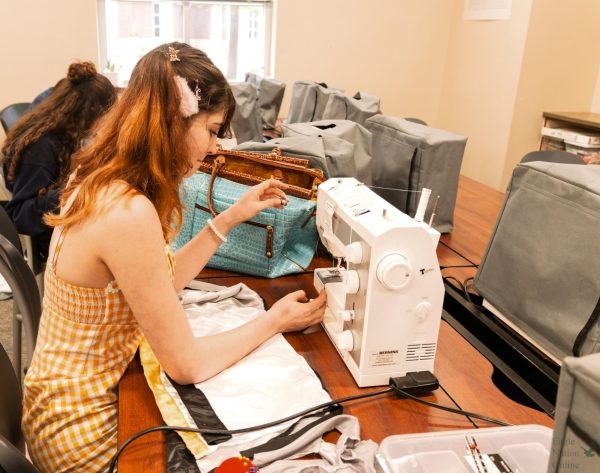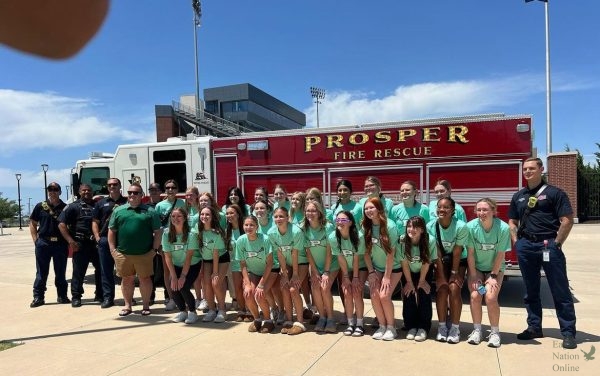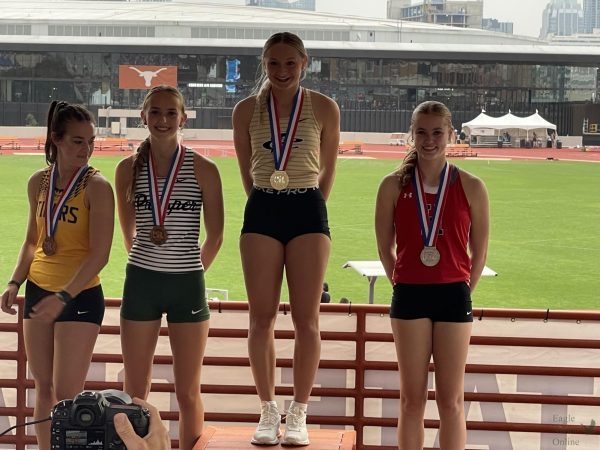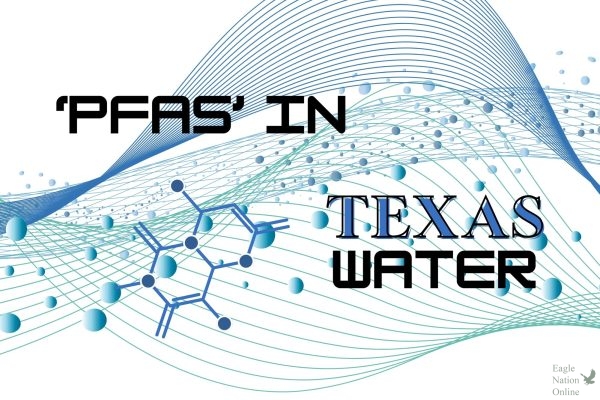Analysis: Student journalist offers highlights of the 2020 Democratic National Convention
Junior Caleb Audia breaks down the Democratic National Convention, a four-night event, for readers. The nationwide virtual meeting started its first evening of business on Monday, Aug. 17. The virtual event was able to host many special guests including the Obamas, the Clintons, Billie Eilish, and senator Bernie Sanders. On the fourth night, Democratic Presidential nominee, Joe Biden, broadcasted his acceptance speech, making a plethora of campaign promises – including American-made jobs, healthcare initiatives and COVID-19-protection efforts.
Editor’s note: The Republican National Convention broadcasts this week, Monday, Aug. 23-27. ENO journalists also will publish highlights from those evenings.
First, A little history
Baltimore, May 21, 1832, marked the first Democratic National Convention. That year, a new rule went into place that a two out of three vote will choose the nominated presidential candidate.
Before the first Democratic National Convention took place, Congress picked the presidential nominees. In the convention of 1832, the convention vote nominated President Andrew Jackson to run in his second term, as well as new Vice President Martin Van Buren.
To this day, the Democratic National Convention continues to highlight certain campaign promises, and include political guest speakers to cast their support for the candidate.
Fast-forward to 2020
Night one
The Democratic National Convention, a four-night event, started its first night of entertainment on Monday, Aug. 17. The first evening included many guest speakers, including former First Lady Michelle Obama.
She became the star of the night, with a 20-minute speech that covered a variety of topics. Messages included coverage of the COVID-19 pandemic by the current administration, the severity of U.S. Immigration and Customs Enforcement agency, and her personal disappointment in 45th President Donald Trump.
What becomes clear throughout the speech is that Obama has not lost the fiery passion that she shared while her husband held office.
“Right now, kids in this country are seeing what happens when we stop requiring empathy of one another,” Obama said in her speech Monday night. “They’re looking around wondering if we’ve been lying to them this whole time about who we are and what we truly value.”
Later, senator Bernie Sanders explained his concerns.
“As long as I am here, I will work with progressives, with moderates and, yes, with conservatives, to preserve this nation from a threat that so many of our heroes fought and died to defeat,” Sanders said.
This came after the former Governor of Ohio, Republican John Kasich, mentioned his support for Democratic presidential nominee.
“I’m sure there are republicans and independents who couldn’t imagine crossing over to support a democrat; they fear Joe (Biden) may turn sharp left and leave them behind,” Kasich said. “I don’t believe that, because I know the measure of the man — reasonable, faithful, respectful.”
During the convention, many citizens explained their blame on Trump for the deaths and violence against their family members. Kristin Urquiza said she lost her 65-year-old father due to the “carelessness” of the response to the pandemic.
“He had faith in Donald Trump,” Urquiza said. “He voted for him, listened to him, believed him — and his mouthpieces — when they said that coronavirus was under control and going to disappear. His only preexisting condition was trusting Donald Trump. And for that, he paid with his life.”
Night two
The second night of the convention became a night that placed the response to the pandemic on the shoulders of Trump. This included participants commenting on Michelle Obama’s previous speech.
Trump weighed in to debate many of the key points in a series of Twitter posts Tuesday morning.
“Somebody please explain to (Michelle Obama) that Donald J. Trump would not be here, in the beautiful White House, if it weren’t for the job done by your husband, Barack Obama,” Trump wrote in one of his responses to her convention speech on Twitter.
As an introductory overview of the second night of the convention, a “roll-call” live broadcast ripped throughout the nation. The “roll-call” featured six states: Tennessee, Rhode Island, New Mexico, Nevada, Northern Mariana Islands and North Carolina. In these states, a representative would announce how many delegates they have for each candidate. Most delegates went to the democratic presidential runner-up, Joe Biden, and to senator Bernie Sanders.
“Working people are the backbone of our economy and the key to our recovery,” Nevada representative Dina Titus said. “Joe Biden knows it’s not enough to praise them, but we have to reward them.”
The evening also hosted a guest appearance from former President Bill Clinton. The speech lasted about five minutes and called out Trump on his “determination” to indulge in personal gains and activities, rather than respond with the power needed to fight COVID-19. Clinton’s speech received harsh backlash and a plethora of negative reviews across all political view boards. Regardless, Clinton voiced his support for Joe Biden. “Joe (Biden) helped bring us back from a recession,” Clinton said.”He can do it again.”
Night three
Wednesday, Aug. 19, included appearances by former President Barack Obama, a performance by 18-year-old artist Billie Eilish, former First Lady Hillary Clinton and current Democratic Vice Presidential nominee Kamala Harris.
Former democratic President Barack Obama covered issues that delegates consider the current Trump administration to be skipping, including these: gun violence, immigration response, democracy protection, government action and climate change.
“If anyone had a right to believe that this democracy did not work, and could not work, it was those Americans — our ancestors,” Obama said. “They were on a receiving end of a democracy that had fallen short all of their lives. And yet, instead of giving up, they joined together. And they said … ‘we are going to make this work.’”
After talking about people she had met that wished they had voted for her in the last presidential contest, former First Lady Hillary Clinton gave a short speech that included a call-to-action to Biden-Harris voters.
“This can’t be another would’ve, could’ve, should’ve election,” Clinton said. “For four years, people have told me, ‘I didn’t realize how dangerous he was,’ ‘I wish I could do it all over’ or worse: ‘I should have voted.’”
Clinton also warned of a vivid 2016 election-result flashback. “And don’t forget,” Clinton said. “Joe (Biden) and Kamala (Harris) can win by three million votes and still lose — take it from me.”
On night three, current democratic Vice Presidential Nominee Kamala Harris looked back on tactics she used along her campaign trail. For example, here’s a quote from her Democratic National Convention speech, which sounds similar to her campaign-rally words.
“I have fought for children and survivors of sexual assault,” Harris said. “I fought against transnational criminal organizations. I took on the biggest banks and helped take down one of the biggest for-profit colleges. I know a predator when I see one … And, we have a predator in the White House right now.”
Her speech sparked controversy from the opposition because while she was campaigning to be president of the United States against Joe Biden, she made this statement: “I believe them (Biden’s accusers), and I respect them being able to tell their story and having the courage to do it,” Harris told reporters at a 2019 presidential campaign stop in Nevada.
Regardless, Harris’s introduction as the Democratic Vice President was a strong and stable speech that included clarity about what she wanted to accomplish. She also talked about how the Biden administration would combat issues such as racism, the economy and COVID-19.
Night four
Thursday night, Aug. 20, closed the convention, but not before participants heard musical performances by John Legend, Common, and the Chicks.
The final night also included a heart-warming and American-dream-like segment that covered the life and political background story of Biden and his family. After the introduction, Biden gave his speech, in which he accepted the Democratic party’s nomination to run for the 46th President of the United States.
Biden included presidential promises of “building back better,” which stands as his campaign slogan. He also said he looked forward to producing a more stable and American-made United States.
“In this dark moment, I believe (that it is still possible) to make American great again,” Biden said. “Where we can find the light once more.”
In Biden’s acceptance speech, he reminisced on the impact his son, Beau Biden — who was an officer in the Army Judge Advocate General’s Corps, a democratic politician, and a former attorney — had on him. Beau passed away due to brain cancer in May of 2015, but had a strong relationship with his father since the 1972 car accident that killed Joe’s first wife and 13-month-old daughter.
“If I am your President, I will protect Social Security and Medicare,” Biden said. “You have my word.”
Final Analysis
The highest-rated segment of the convention was Barack and Michelle Obama’s speeches. Other highlights included the profile segment on Biden and his past, including the backstory of the impact of Beau Biden’s life on his father. But, even though party leaders and delegates called the Democratic Convention a success, Trump’s approval rating climbed from 47% to more than 51% after the end of the convention, according to the Washington Examiner.
Your donation will support the student journalists of Prosper High School. Your contribution will allow us to purchase equipment and cover our annual website hosting costs.
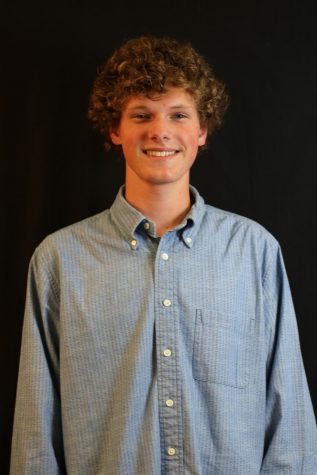
Honors & Awards:
Best of SNO – "Feline friendship, Instagram allows family to help soldier" with Amanda Hare.
Best of SNO – "Junior overcomes dancing accident, bone transplant" with Christi Norris.
Best of SNO – "Podcast: History’s Forgotten – Season 2 – Episode 1 – Charles Whittlesey" with Amanda Hare & Christi Norris.
Best of SNO – "Podcast: History’s Forgotten – Season 2 – Episode 3 – Veterans Day" with Amanda Hare & Christi Norris.
2021 TAJE Honorable Mention – Caption Writing
2021 TAJE Honorable Mention – Story Portfolio
2021 Academic All-State
TAJE Fall Fiesta Honorable Mention – Video News Story "ENN students share common goals, look forward to new season"





